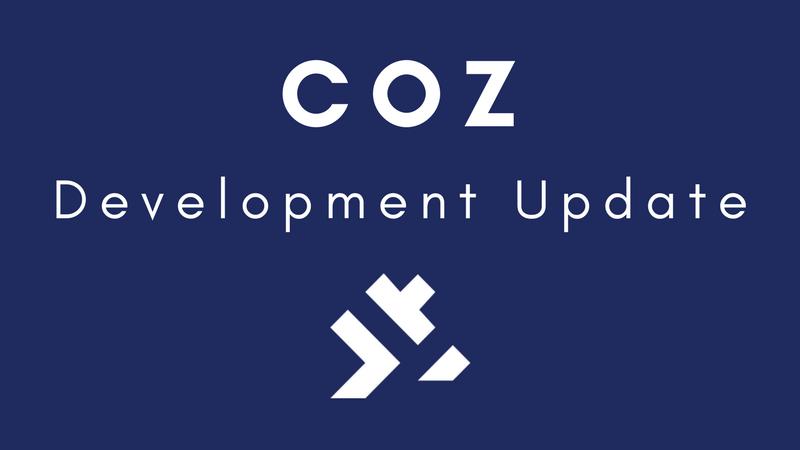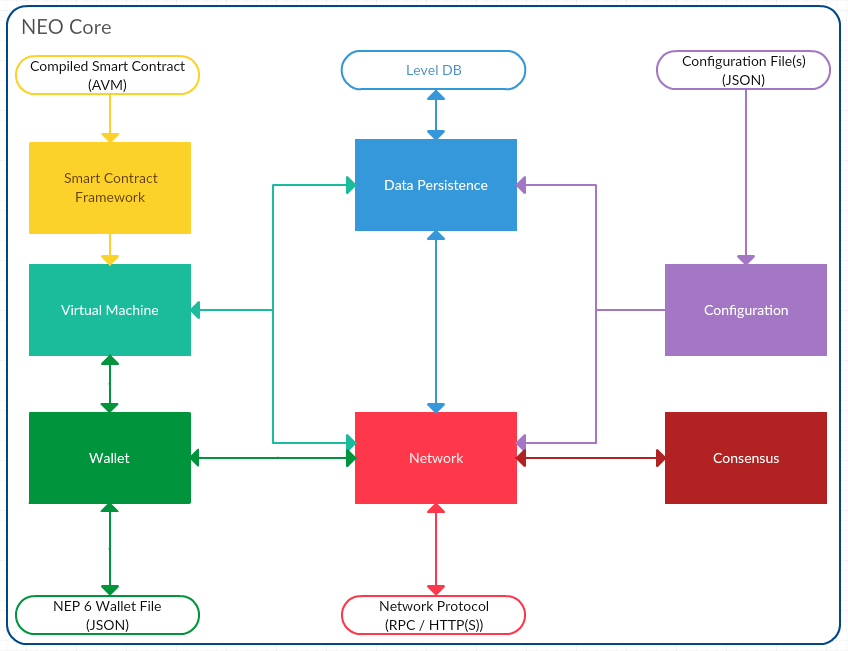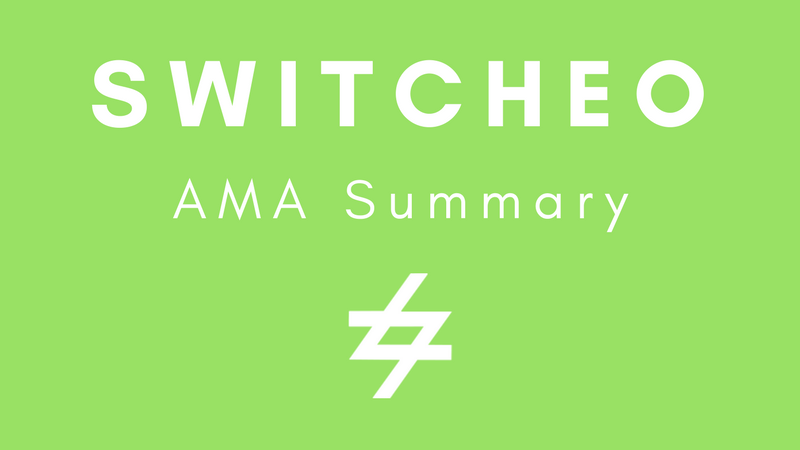
On May 5th, City of Zion (CoZ) released an update outlining the contribution and management model of core projects. CoZ are committed to helping NEO achieve their goal of being the premier blockchain platform by 2020. With this in mind, there are a number of changes being trialled in an effort to streamline workflow and increase development efficiency.
CoZ have now seven developers working 30 hours per week as project maintainers for core projects. These projects and maintainers are:
- neo-python (metachris)
- neo-debugger-tools (relfos)
- neo-go (anthdm)
- neon-js (snowypowers)
- neo-local (revett)
- neon-wallet (mhuggins)
- neo-sharp (gubanotorious)
In addition, two security researchers (shargon and belane) are also working 30 hours per week to continually monitor project code.
It should be noted that projects building on the NEO blockchain can sponsor any of these core projects. Sponsoring a project will allow City of Zion to increase the number of fixed contributors and expedite the development progress. Any projects interested can reach out to City of Zion to discuss.
City of Zion have also announced neo-sharp as its new “flagship” project. neo-sharp is a new node implementation created with three main goals:
- To break interdependencies in NEO and allow a plug-able modular design to be used by node implementations. The modules will consist in: network, VM, persistence and consensus.
- To create testing infrastructure for both specification of behavior and benchmark of modifications.
- To develop an initial fully compatible version and one new experimental high performance module for each component.
The old versus new node design implementation can be seen below.

Old node design

New node design
The recent City of Zion Software Bounty dovetails into this new node design. CoZ is asking developers to explore improvements to the dBFT protocol used on the NEO network. Specifically, CoZ is interested in “code implementing an alternative protocol such as HoneyBadgerBFT, BFTRaft , or FastBFT and exploring its performance characteristics”. A $50,000 bounty is up for grabs for developers who provide a solution that meets the requirements.
The new neo-sharp node design has removed the network from the centre of the model, and with it the interdependence of other elements. Instead, a “transactional manager” is placed centre of the node to facilitate the communication between the different modules.
Using this plug-able architecture, City of Zion will be able to test improvements to each module, such as the experimental consensus mechanism developed through the software bounty, without having to modify other elements of the node. This will also allow more developers to work on core level improvements in a more efficient manner.
When neo-sharp is 90% complete, a development sprint is planned to be held in Shanghai with City of Zion, NEO Global Development and the NEO Foundation.
More information on City of Zion can be found at the links below.







About The Author: Dean Jeffs
Dean is a digital project manager who has worked extensively with start ups and agencies in the marketing space. Fascinated by the potential applications of blockchain technology, Dean has a passion for realising the new smart economy.
More posts by Dean Jeffs